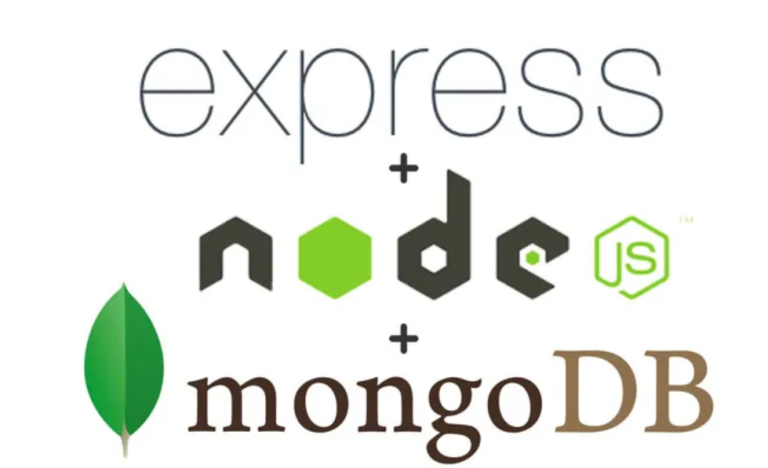Kubernetes 1.30 Released: What’s New & Key Features Explained

The latest release, affectionately named “Uwubernetes,” brings a host of enhancements aimed at improving scalability, security, and developer experience. Here’s what’s new:
Container Resource-Based Pod Autoscaling: Now stable, this feature allows the Horizontal Pod Autoscaler to scale pods based on individual container metrics, offering more precise resource management. civo.com+4sysdig.com+4kodekloud.com+4
Structured Parameters for Dynamic Resource Allocation: Enhances resource scheduling by providing Kubernetes with better insights into third-party resources like GPUs and storage, reducing reliance on opaque parameters. kubernetes.io
User Namespaces for Pods (Beta): Improves pod isolation by allowing distinct user and group IDs within containers, bolstering security against potential vulnerabilities. medium.com+1civo.com+1
Node Memory Swap Support: Introduces controlled swap memory usage on Linux nodes, enhancing system stability under memory pressure. kubernetes.io+3sysdig.com+3kodekloud.com+3
Enhanced Secrets Management: Improves integration with external secrets managers like HashiCorp Vault and AWS Secrets Manager, ensuring better security for sensitive data. civo.com+1nops.io+1
AppArmor Support: Now stable, providing an additional layer of security by restricting program capabilities using profiles attached to containers. sysdig.com
API Server Tracing: Graduates to stable, enabling detailed tracing of API requests using OpenTelemetry, which aids in debugging and performance monitoring. kubernetes.io+3sysdig.com+3nops.io+3
Traffic Distribution for Services (Alpha): Allows expressing preferences for routing traffic to service endpoints, optimizing for performance and reliability. kubernetes.io+1cloudfleet.ai+1
Recursive Read-Only Mounts (Alpha): Enhances security by allowing volumes and their submounts to be marked as read-only, preventing accidental modifications. cloudfleet.ai
Interactive kubectl delete: Adds an interactive flag to prevent accidental deletion of critical resources, improving operational safety. kubernetes.io+3nops.io+3sysdig.com+3
For a deeper dive into all the features and improvements, check out the official release notes: Kubernetes v1.30 Release Notes
#Kubernetes #Uwubernetes #CloudNative #DevOps #ContainerOrchestration

